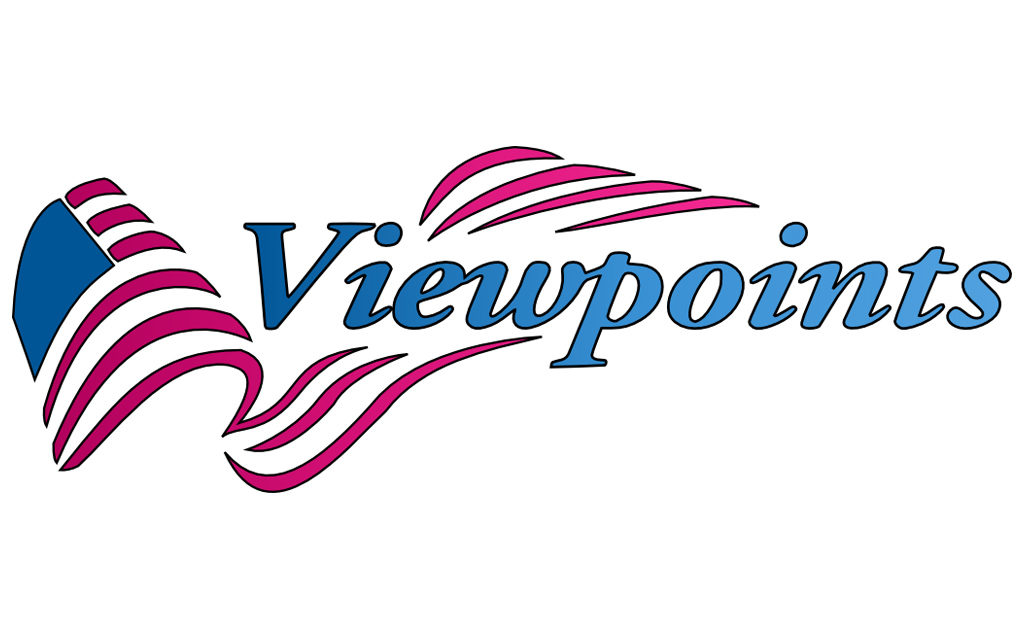By Lee H. Hamilton
I’ve spent a long time in politics, and over those years one thing has remained constant: a lot more Americans criticize government than serve and do something about it.
There have been times when I’ve felt a bit resentful. It’s hard to enter the fray, listen patiently to criticism from all comers, and then look around to find that many of them are nowhere to be found when it comes to the hard work of improving our communities and our system.
But mostly what I’ve felt is amazement at the immense but often un-grasped opportunity our system offers. This is especially acute these days, as millions of Americans take to the streets and to social media with passionate intensity and the sense that it’s time to weigh in. That’s what our system asks of us as citizens, but I’d argue that it asks us to do it from the inside, not just from the outside.
We desperately need citizens to enter the public arena—people who are not afraid to plunge in and try to improve our democratic institutions. This requires people with the power to change to them roll up their sleeves and set about doing so.
It also requires the things you learn when you hold public office. As writer Andy Smarick put it recently in The Bulwark, “[G]overning is formative. Knocking on doors as a candidate is not just about winning votes… Making a tough governing decision is not just about resolving a policy matter. Through these activities, the public servant listens to fellow citizens, learns of competing priorities, and witnesses principles in conflict.”
In our democracy, these and other skills are vital—not just for public officials, but for any citizen who wants to be involved in the community. Listening to our peers, understanding their hopes, appreciating the differences among them, grasping why accommodation and compromise are crucial to resolving those differences, and learning how to accomplish them are part and parcel of making a representative democracy work
So, as I look about at the remarkable levels of public engagement in this intense political year, I find myself hoping that more comes out of it than simple public pressure. I hope that people who’d never considered it before decide it’s time to step forward, serve in public office, and help their fellow citizens make this a better country.
Lee Hamilton is a Senior Advisor for the Indiana University Center on Representative Government; a Distinguished Scholar at the IU Hamilton Lugar School of Global and International Studies; and a Professor of Practice at the IU O’Neill School of Public and Environmental Affairs. He was a member of the U.S. House of Representatives for 34 years.





